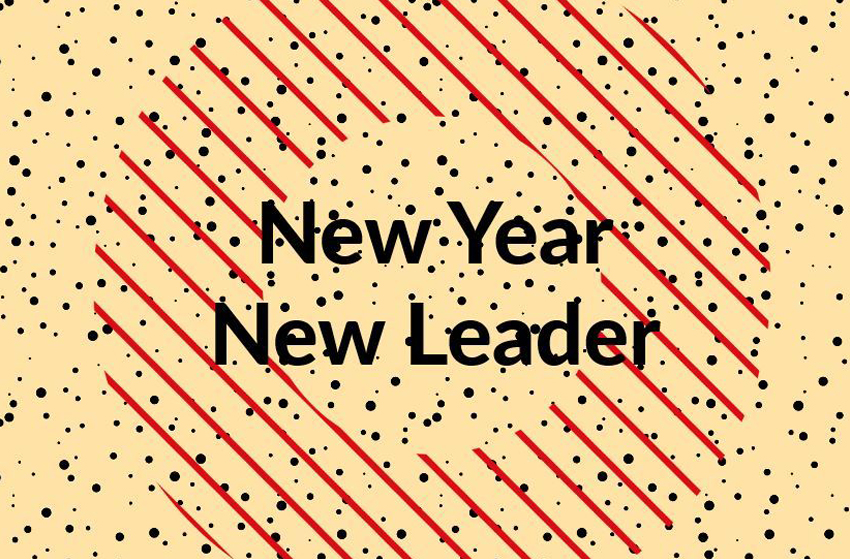You may have already ditched some of your new year’s resolutions, but don’t worry, two weeks into January can be the perfect time to reflect on your leadership goals for the year. Safely past the festive after glow and into the reality of the here and now, what better time is there to assess the year ahead and determine what you need to adapt, adopt or abandon to make you a better leader?
Ram Charan’s (2000, 2011) ‘Leadership Pipeline Model’ provides a good framework for the different levels all leaders experience as they progress in an organisation. Progression will often require you to operate differently as the behaviours that got you where you are today, may not necessarily help you be successful tomorrow. Taking stock to separate the behaviours that are critical to success now and those behaviours’ carried over from a previous role’ that might hinder your effectiveness is a good starting point in self assessing your leadership style.
The GatenbySanderson Altitude Model, based upon an analysis of over 1000 public sector leaders, suggests that making relationships count, building team unity and setting the organisation up for long-term success through its talent are core competencies exhibited by successful senior leaders. With a stronger people focus, it’s interesting that the less frequently reported behaviours relate to engaging and inspiring others, along with courage and tenacity, suggesting these are behaviours some leaders might need to work on. How do these results resonate with behaviours you exhibit?
Once you’ve identified your goals and the changes you want to make, one model that is often helpful, and that we use frequently in our Leadership Development Programmes, is William Bridges’ ‘Transition Model’ (1991). Separating change from transition, Bridges’ states, that change is what happens to us, whereas transition is about what happens in our minds when we are faced with it. Hence, the model serves as a guide in how to manage the emotions we experience during these times, something we focus on when working with transitioning Senior Leaders in the public and third sector.
Ultimately, change is uncomfortable for some and we identify ways to ease the transition and increase engagement. Try asking yourself what support do I need to help me manage the changes in behaviour I am trying to make? What scares me about the change? What will be the impact if I don’t make the change? What is likely to stop me? How can I avoid or what can I put in place to negate these potential blockers?
To remain focused on your goals, make sure from the outset they are specific and include success measures (otherwise how do you know you’re growing?). Break your goals down into smaller milestones and as with the Transition Model, think about who you can call on for support and who you want to hold you accountable for not achieving your goals. We are often more driven to do something if we tell people we’re going to do it and know they are expecting us to. Seeking feedback on progress and regular reviews can also help ensure you adapt your approach when needed to maintain your commitment and growth.
Our leadership development practice regularly helps leaders make transitions both within and between organisations. If you’d like to know more about how we can help you and your organisation with leadership development and transitions, email us at ltc@www.gatenbysanderson.com or call us on 0207 426 3960.
